For years, conventional wisdom, popular slogans, and ad campaigns have heralded the same message: “we need to save the honeybees”. Products from various categories proudly declare themselves bee-friendly, and companies promise to do their part to promote bee conservation. But do honeybees actually need saving?
Pollinators are crucial to our ecosystem, with over 90 percent of the world’s flowering plants relying on animals for pollination. When we think of pollinators, honeybees often come to mind first. This is because honeybees and humans have an ancient relationship. Honey has been a cherished food item in many cultures, dating back thousands of years.
Honeybees are native to Asia, Europe, and Africa but have now spread across the globe, with the exception of Antarctica. Although alarm is often raised about bee extinction, the population of honeybees is actually growing worldwide. In fact,
Thus, honeybees are not at risk of extinction.
While honeybees are vital, they are not the only pollinators. There are 20,000 different species of wild bees, and they are the most important wild pollinators. Unlike honeybees, wild bees are often specialized for specific plants, making them more efficient pollinators. For instance, a hectare of apples would require tens of thousands of honeybees to pollinate, but only hundreds of the wild bee species Osmia Cornuta. Each flowering plant is strongly connected to a pollinator that fits according to the lock-and-key principle.
Take squash bees, for example. They are perfectly suited to pollinate squash plants, which bloom early in the morning when honeybees are still inactive. Similarly, crops like tomatoes, potatoes, and brinjals require wild pollinators like bumblebees, which produce a vibrating buzz to release pollen, a skill honeybees lack.
Despite the thriving population of honeybees, wild bee populations have been declining since the 1990s. Pesticides, intensive agriculture, and habitat loss are the main reasons. Some studies suggest that we may have lost a quarter of wild bee species. It affects our food security and overall ecosystemThe emergence of monoculture agriculture, where one crop is grown on thousands of hectares, exacerbates the problem.
Moreover, the way we use honeybees in commercial and monoculture crops outnumbers native bees and often spreads infections to which wild bees are not immune. This leads to significant losses in wild bee populations. This issue is not the honeybees’ fault but points to the larger problem of industrial agriculture, which relies on harmful chemicals and large-scale monoculture farming.
The most important thing we can do to support pollinators is to grow a diversity of flowering native plants that bloom throughout all seasons. Many native bees are pollen and nectar specialists, so it’s essential to include plants they need. For nesting sites, leave bare patches of soil and, if safe, fallen logs or dead trees. Let plant stems stand through winter.
At Himflavours, we support small-scale, diverse farming practices that conserve local native bees. Our honey comes from Apis cerana indica, native bees of the Himalayan region, which forage over the local forests and plantations. By choosing our products, you are not only enjoying the honey but also supporting the conservation of native bees and the environment.
Supporting small-scale, diverse farmers helps sustain traditional agricultural practices that benefit wild bees. These practices are more sustainable and beneficial for wild bees than commercial large scale production of honey which is generally done using non-native Italian bee called Apis mallifera. By fostering a diverse ecosystem, we can ensure higher yields of cultivated plants, thanks to the variety of pollinators.
While the plight of the honeybee has garnered much attention, it’s crucial to understand that
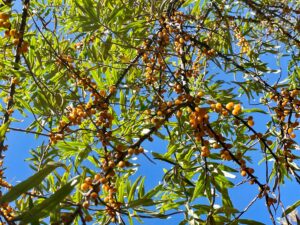
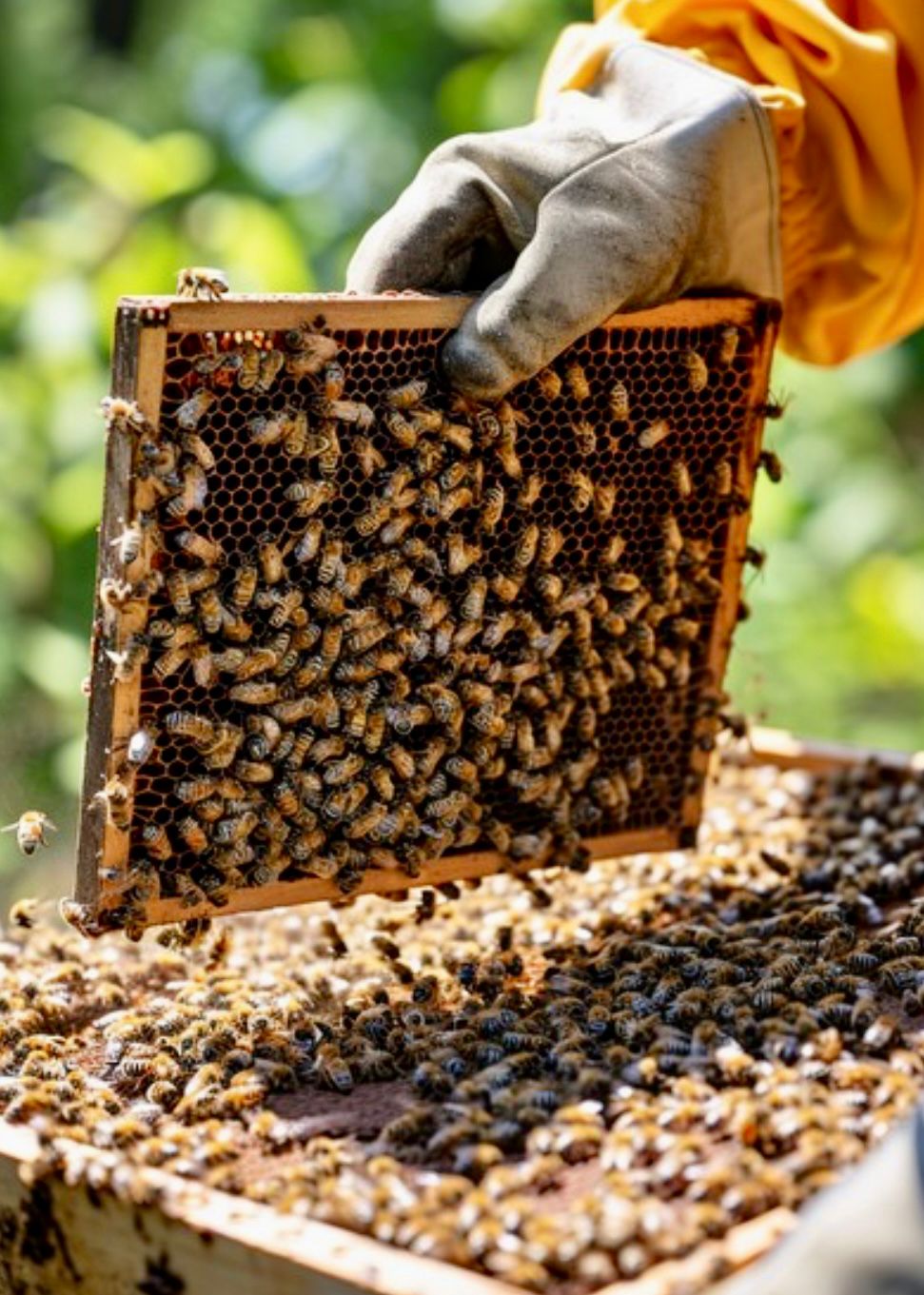
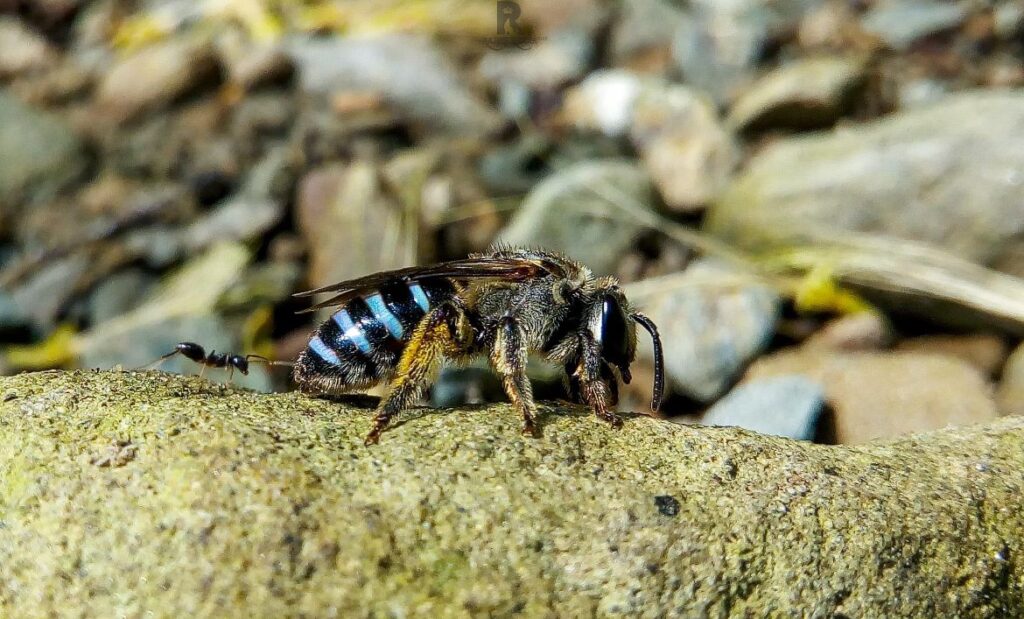
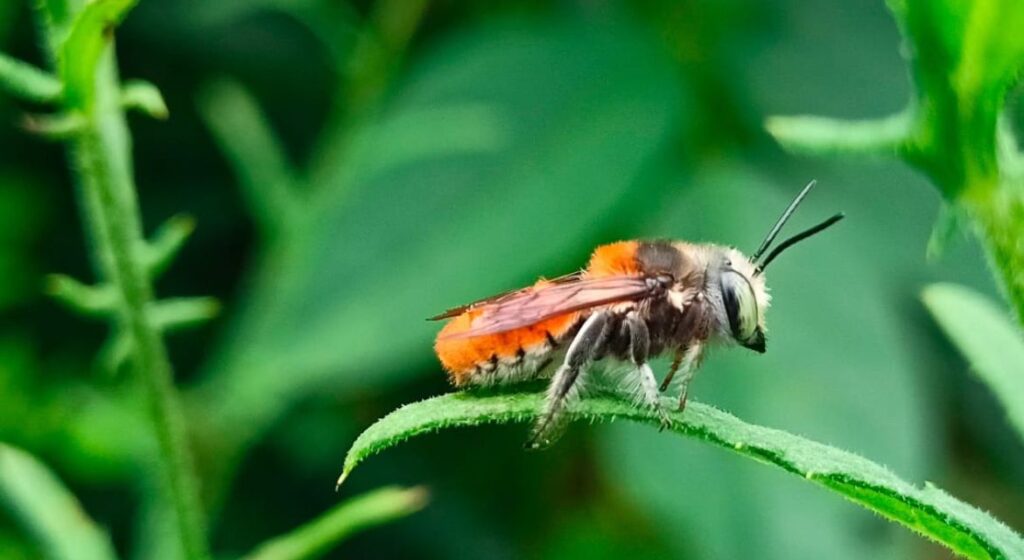
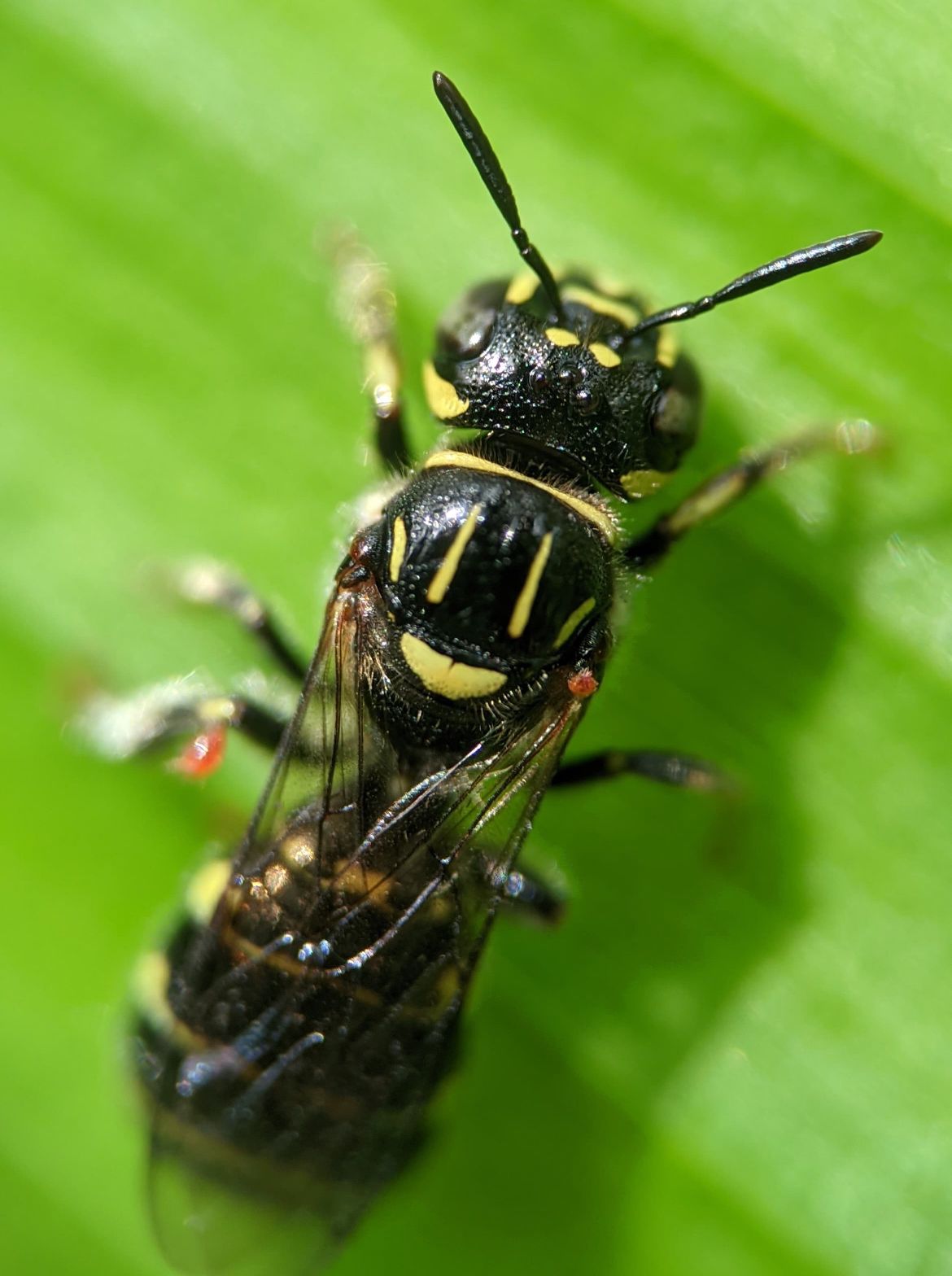
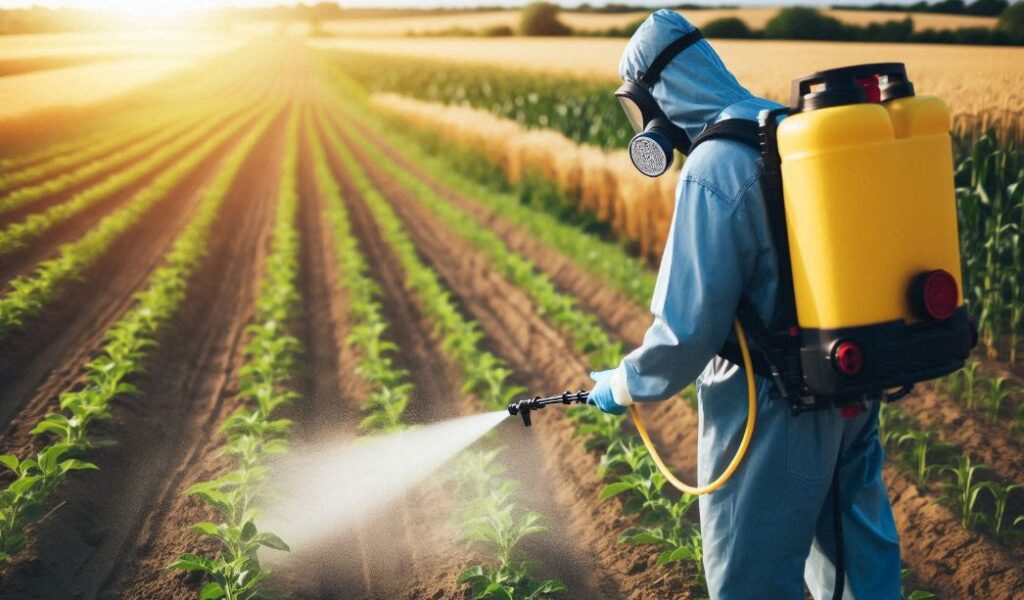


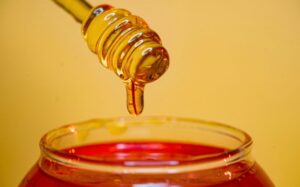
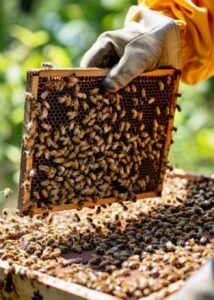
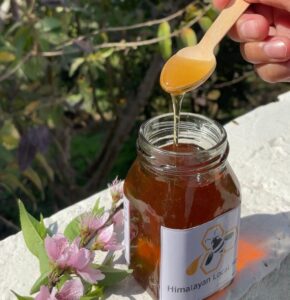


3 thoughts on “Are we saving the WRONG BEES ?”
Your blog is a constant source of inspiration for me. Your passion for your subject matter shines through in every post, and it’s clear that you genuinely care about making a positive impact on your readers.
Thank you so much for your kind words! I’m glad you enjoyed the content of our blog. Your appreciation means a lot. keep supporting 🙂
Logical, clear, and very well-explained.